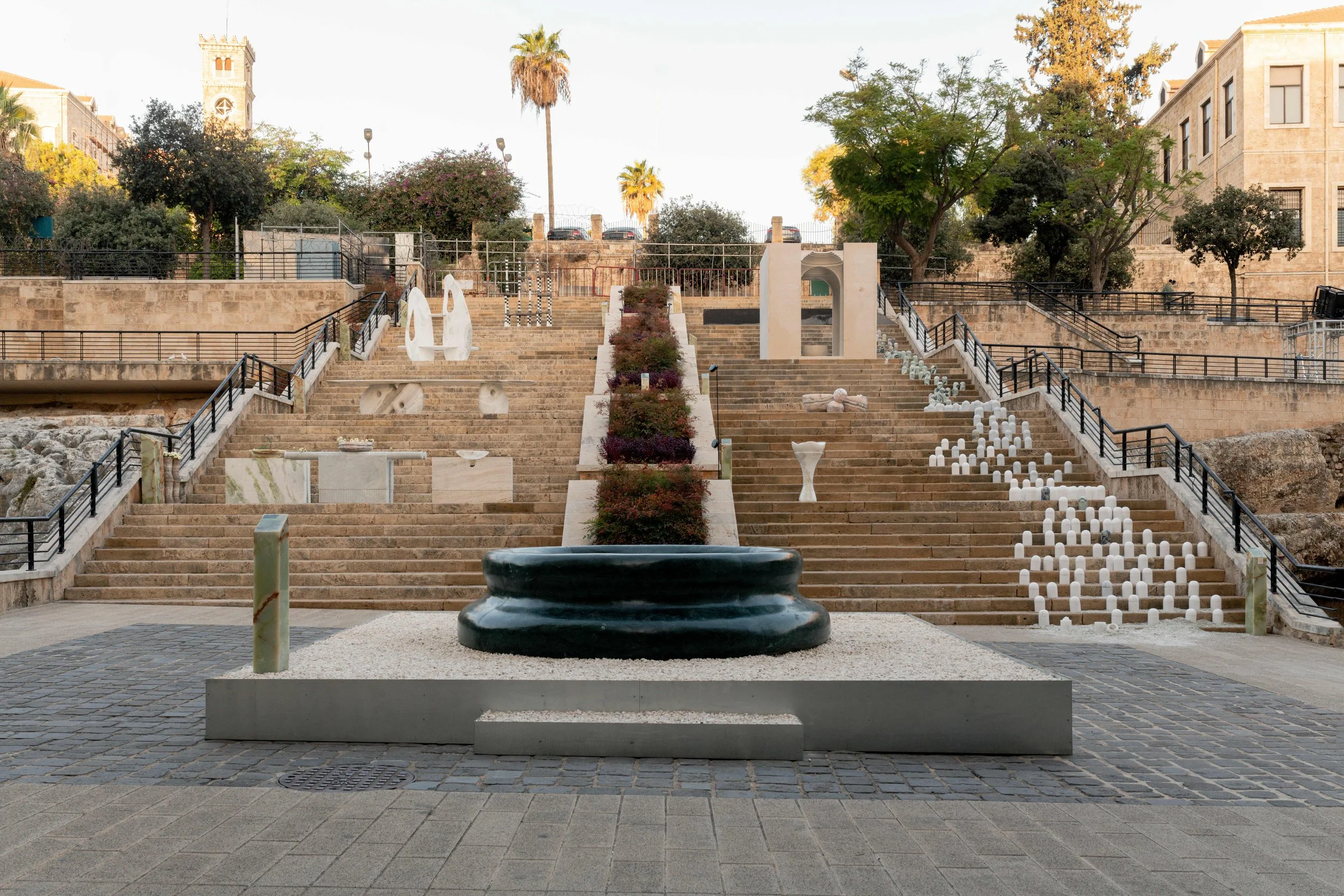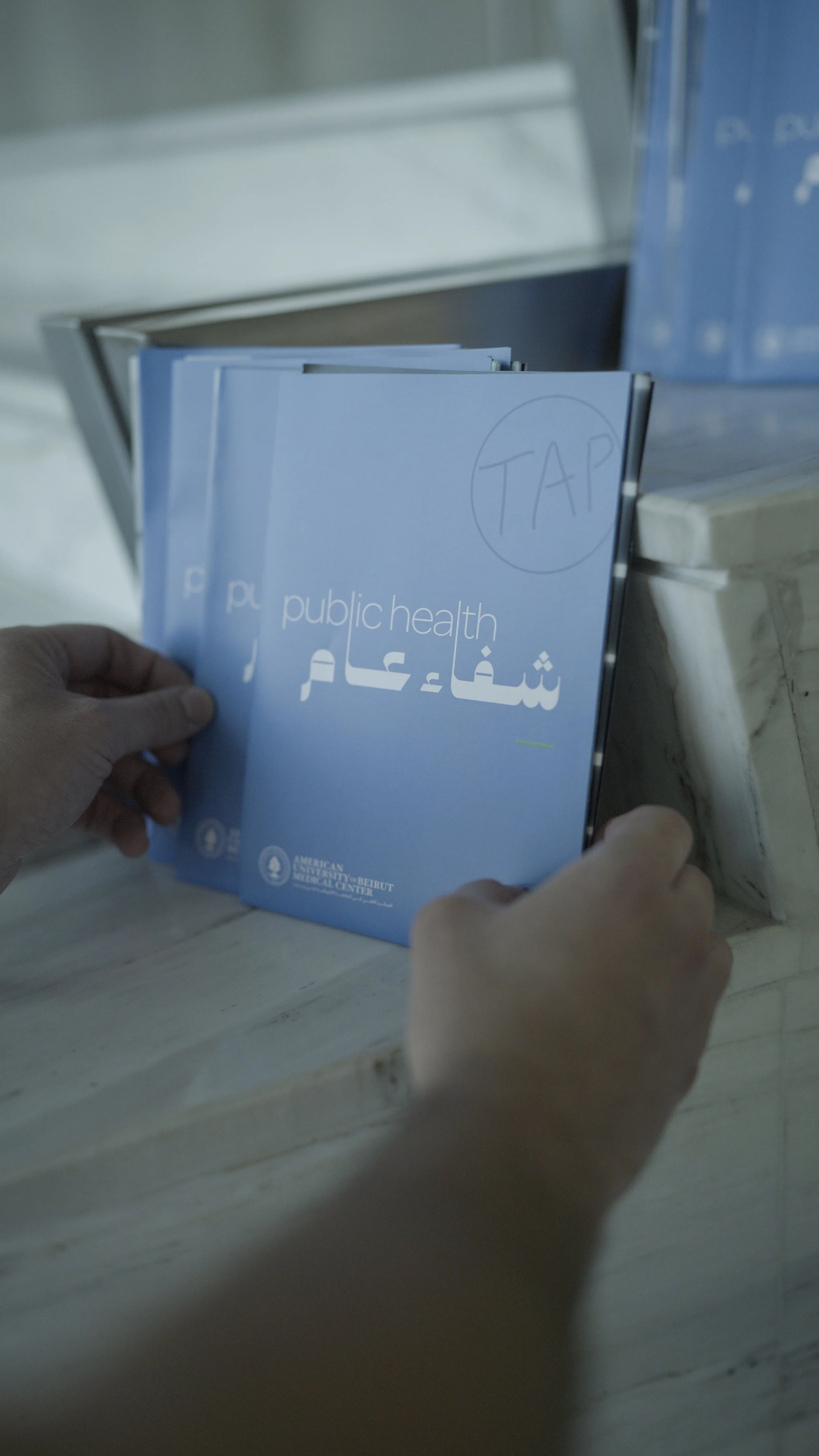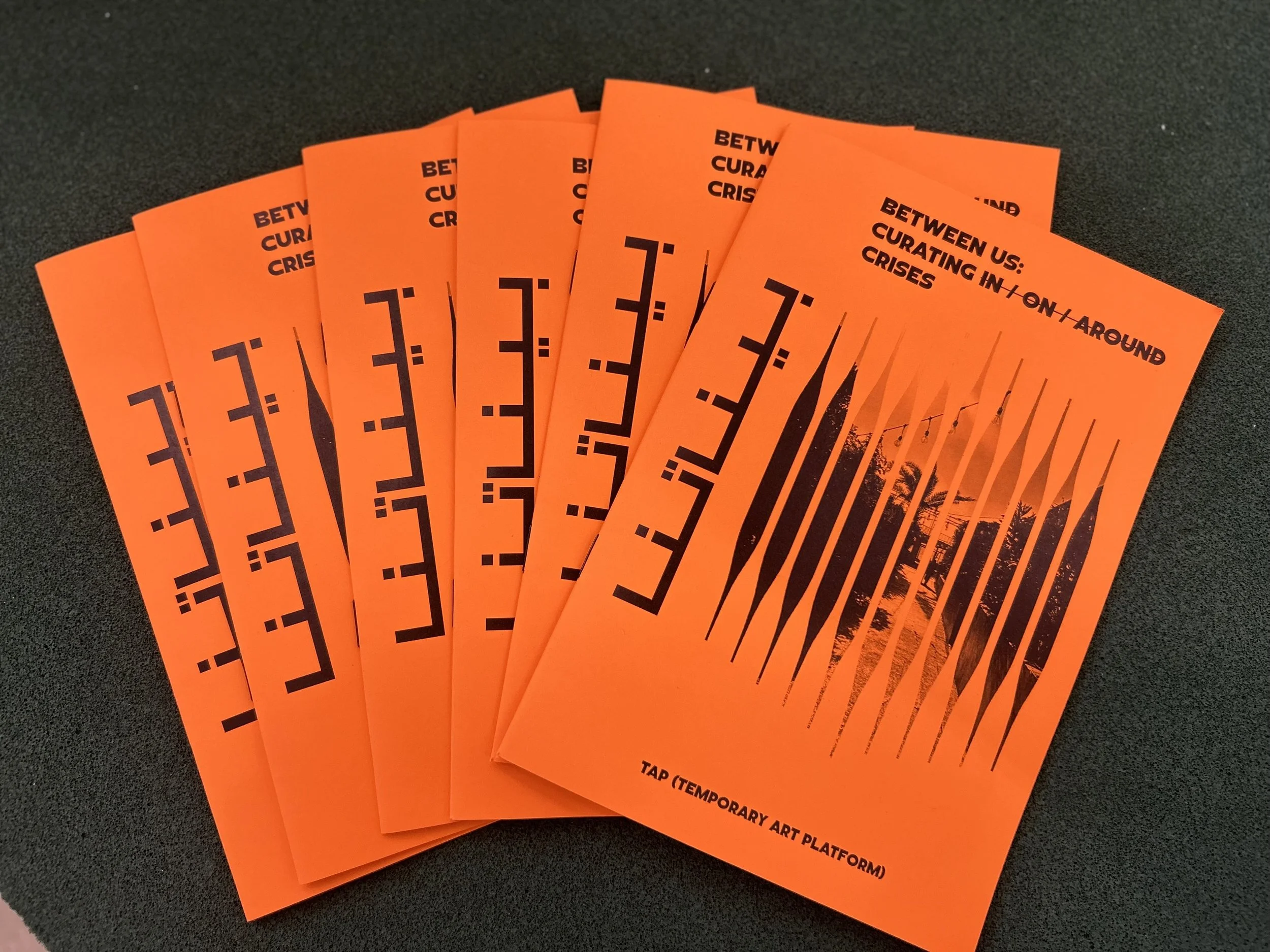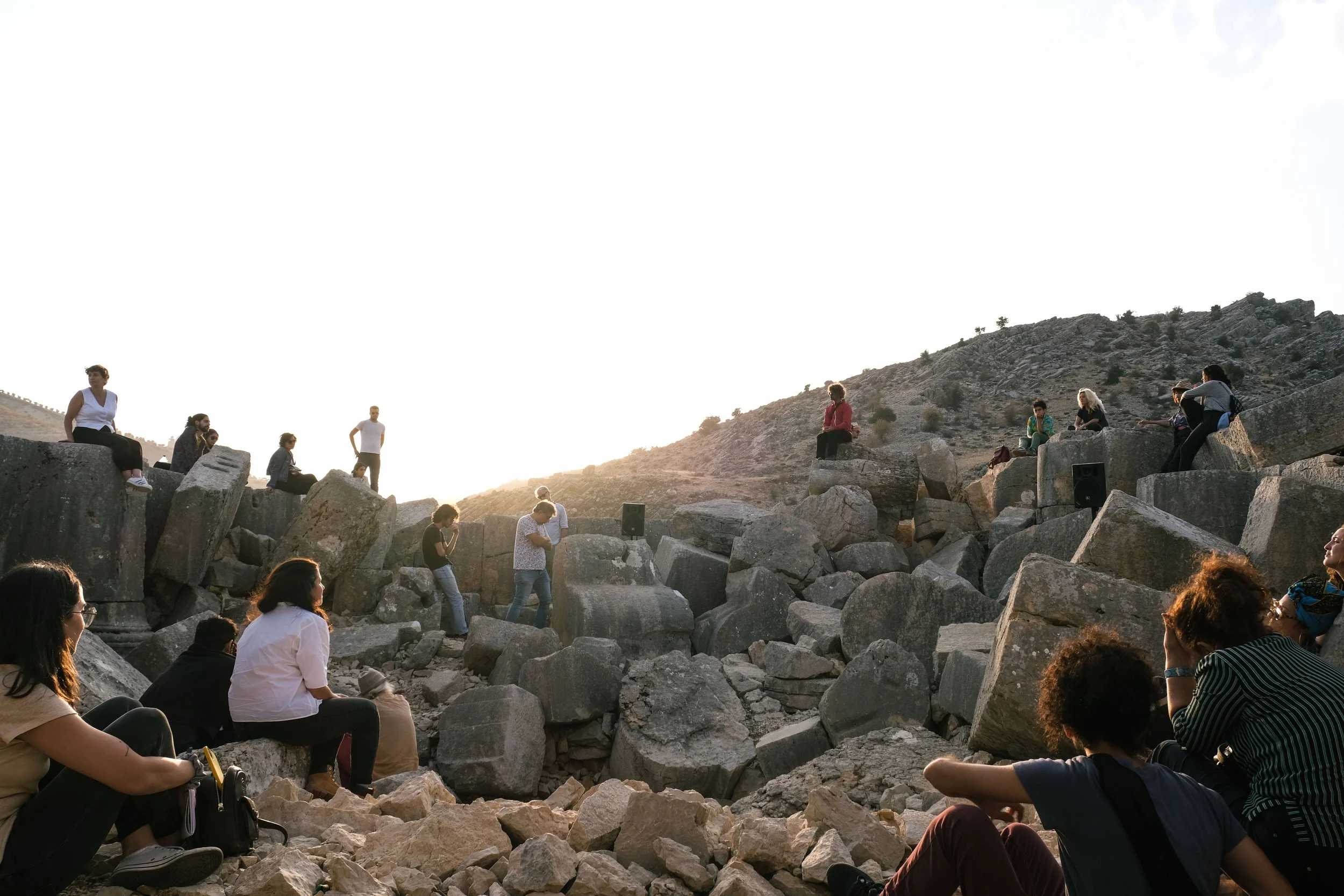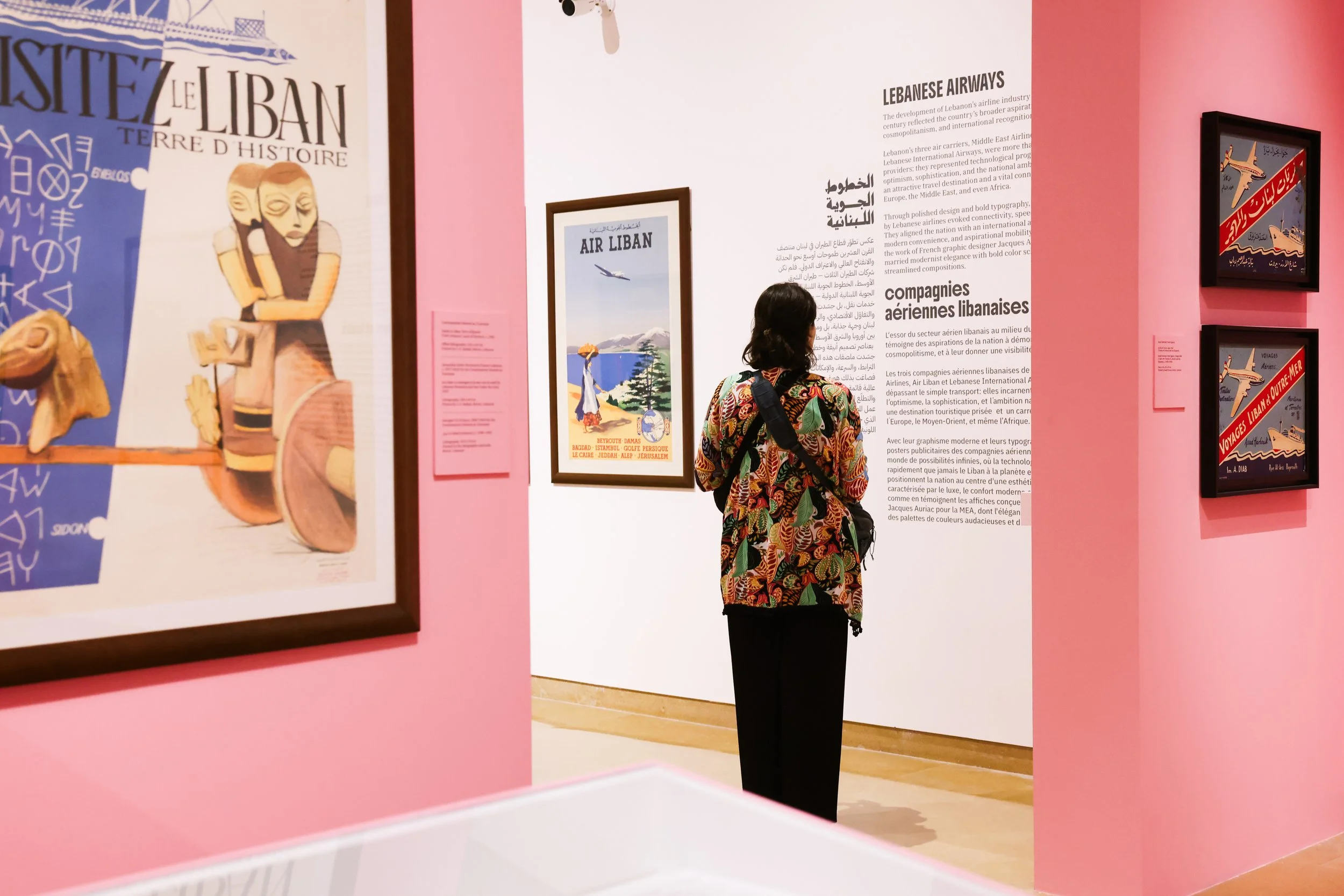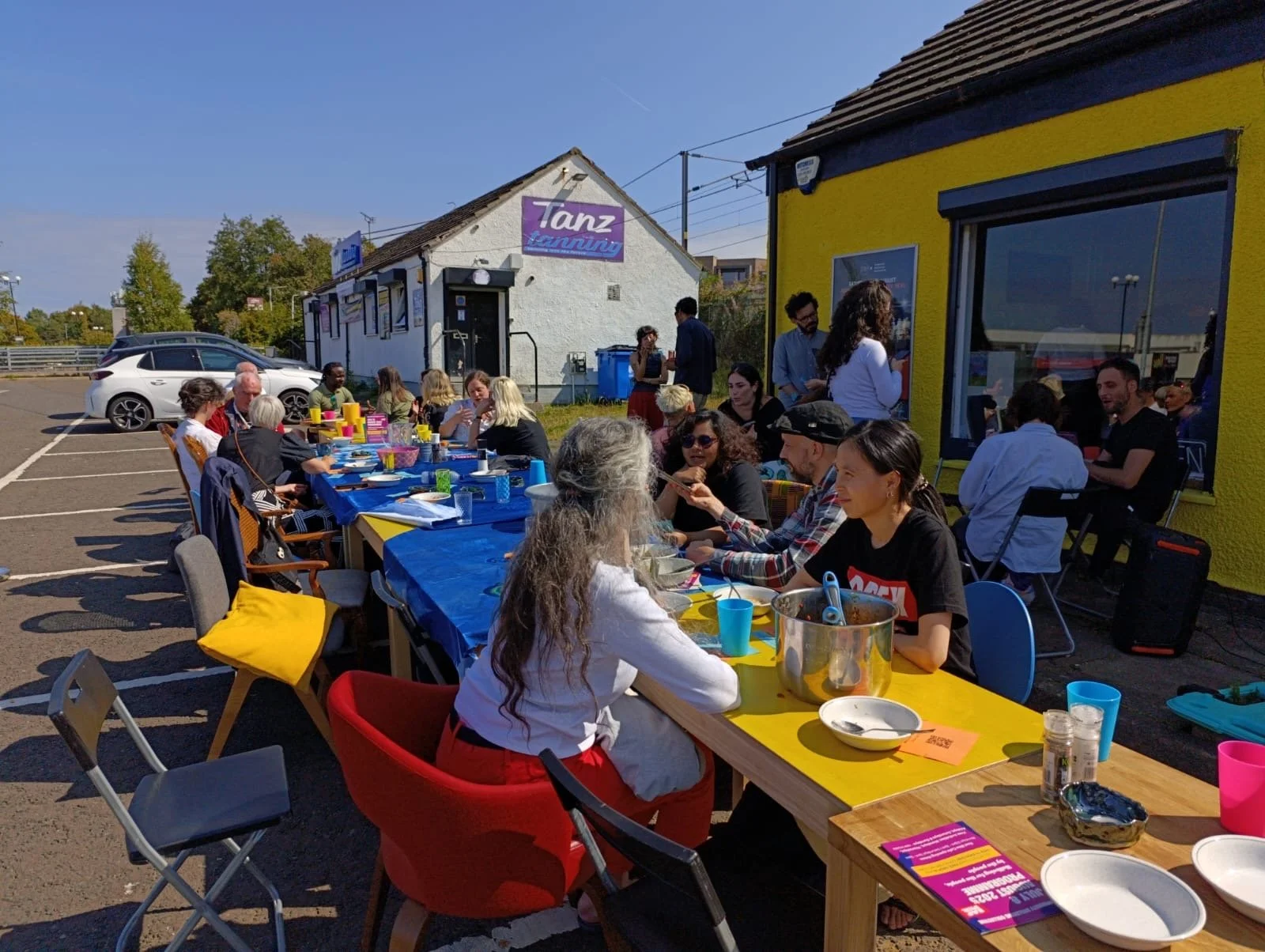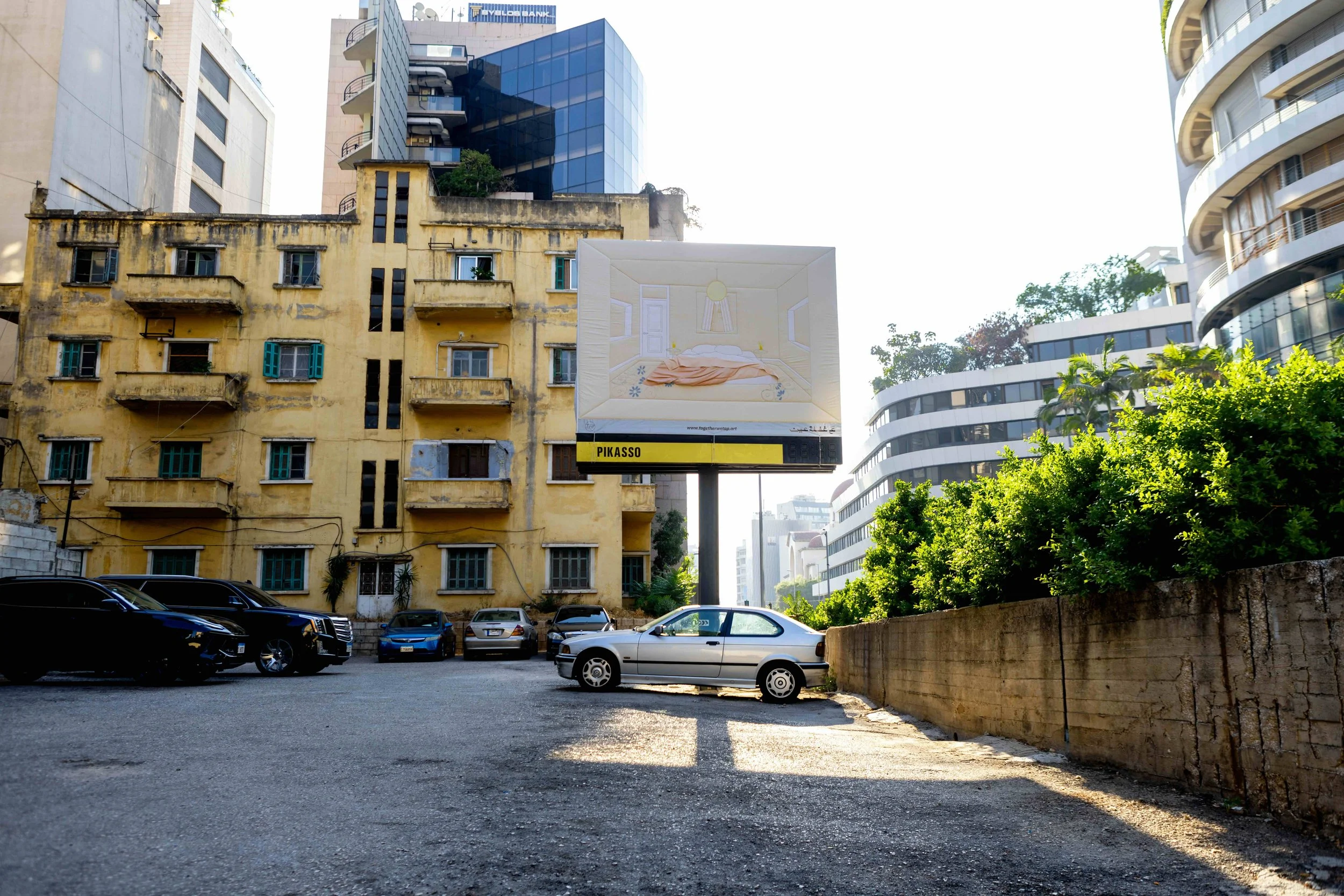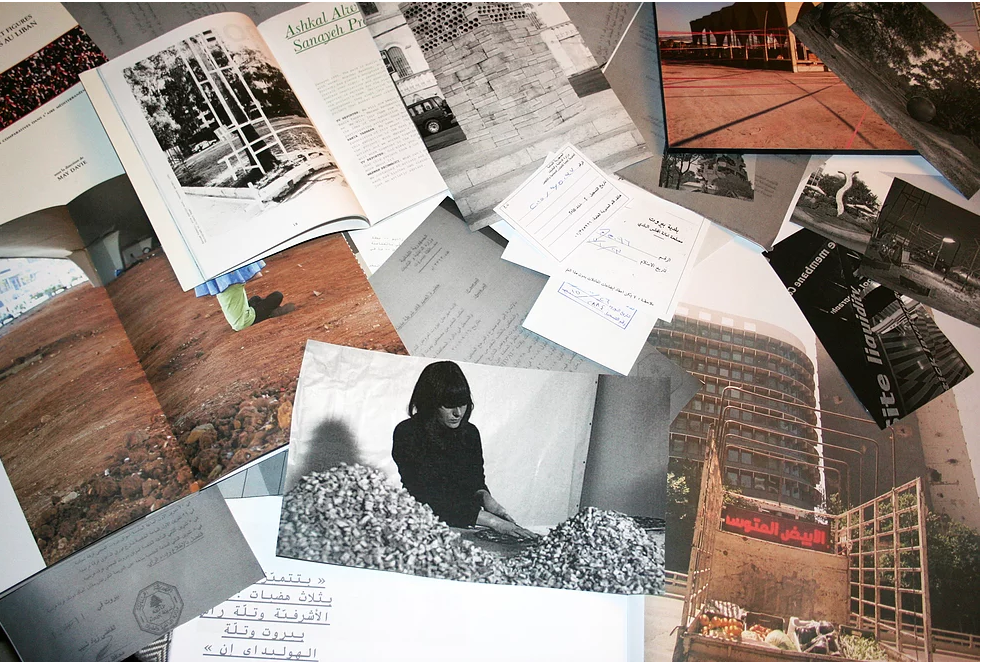Nour Osseiran
Independent curator
ABOUT
I’m an independent researcher, curator, and volunteer paramedic based in Lebanon. My curatorial interest positions contemporary art, cultural history, and critical social issues at the intersection of social practice and activism. I am particularly interested in curatorial methodologies that challenge institutional frameworks and create more accessible and inclusive platforms for artistic expression. With a background in art history, my projects explore the political relevance of curatorial practice in contested public spheres through exhibitions, artistic commissions, publications, and collaborative initiatives that center conversation as a critical form of knowledge production and arts-making. My work is increasingly attentive to notions of fragility—of bodies, infrastructures, and narratives—and how curatorial practice can hold space for vulnerability as both a subject and a method.
CONTACT
Beirut, Lebanon
Recent Projects
Public Health
2025 | Lebanon
Between Us: Curating in / on / around crises
2025 | Lebanon
Scratch the surface, touch the sun
2022 | Lebanon
Of Water and Stone
2025 | Lebanon
What we make with what we have
2025 | Scotland
In the blink of an eye
2024 | Lebanon
The Database of Public Art Practices in Lebanon
2021 - ongoing | Lebanon
Impressions of Paradise
2025 | Lebanon
